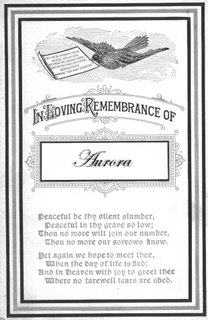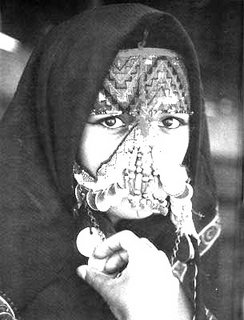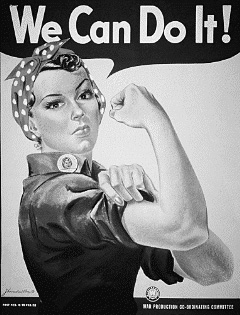20. They call the wind Aurora
 There was another woman in Gregory’s life. But you would never know this from Aurora’s obituary. She died eight years after Gregory, but her obit ran without reference to either her husband or her two sons, one of whom was Gregory.
There was another woman in Gregory’s life. But you would never know this from Aurora’s obituary. She died eight years after Gregory, but her obit ran without reference to either her husband or her two sons, one of whom was Gregory.No mention! Despite the fact that Gregory came back home to help her after his dad died. Despite the fact that Gregory’s brother committed suicide. What was this young man’s sin against her?
While Gregory was growing up, Aurora was alternately his savior and tormentor. Mother and son were locked in a dance that began when he was a small child. By the time Gregory was born, Aurora understood that her husband’s anger could translate into slaps or degrading diatribes instantly, especially if his gambling weren’t going well. And Gregory was such bright, intense boy.
“I used to tell him that he was my eyes when we drove down to South Texas,” Aurora told me dreamily one time. And I can see the boy-child, alert and watching out the windshield with meerkat vigilance. Taking full responsibility.
And the incident that I wrote about earlier where Gregory intervened between his mother and father at the age of 7? That was emblematic of the relationships churning in that household.
 When Gregory’s father courted her, Aurora could not have guessed that such a vile temper lie beneath his charming exterior. She could not have guessed that she was marrying not just into a family, but into a tribe. And she certainly could not have guessed that the tribe treated women little better than furniture.
When Gregory’s father courted her, Aurora could not have guessed that such a vile temper lie beneath his charming exterior. She could not have guessed that she was marrying not just into a family, but into a tribe. And she certainly could not have guessed that the tribe treated women little better than furniture.These dark women were not quick to embrace Aurora, who was seen as an outsider. And although Gregory’s young cousins adored her, she was never fully accepted by the rest of the family. Her husband even forbade her to raise their boys as Catholics, according to her faith. “Take ‘em to the Baptist church,” he declared.
Yet Aurora was expected to learn to prepare his favorite Lebanese dishes. Since there were no cookbooks to reference then, she would stand patiently in the kitchen as the other women cooked, watching, listening, learning. By the time I came into Gregory’s life, she made possibly the best dolmas I’ve ever tasted, rich and juicy, and a tabbouleh so good it was adapted for a cookbook.
When Gregory and I first ate at a tiny Middle Eastern café not far from where we lived, he remarked that the food was just like his mother made at home: the tabbouleh, kibbe, hummus, baba ghanouj…. This was another one of those places Mario and Izzy frequented. But it would have been just two tables for two, with no connection, except a future one.
Gregory and I even took Aurora there once, but she embarrassed him by asking for – no, demanding – a recipe. Instead of saying something about it to her, Gregory just smoldered, his face, eyes and body betraying no clue to how he felt. Yet every Mother’s Day, every Christmas, every Easter and Thanksgiving, he took Aurora out.
Wrapped into the father’s tribal culture was an attitude about mothers and sons that was different from what we know in the West. No matter how much Gregory disliked the way she was, he felt duty-bound (and gagged) to care for her. Paradoxically, wives were second-class citizens, but mothers were revered.
When Gregory had come back after his father’s death, just as he was beginning a career as a USDA economist, his father’s business and finances were in disarray.
Not only had his father left no will, he had left no money. By law in the state of their residence, mother and son shared equally in the father’s estate. Gregory immediately signed his portion of the house over to his mother. "It will be mine someday," he said. Nearly as quickly, he plunged into reviving the retail liquor store that had been his dad’s retirement hobby.
His goal was to create a sustainable income for Aurora as she entered old age. Gregory was, after all, the only family she had left. So they owned the liquor store together. Gregory knew something about business, how to make a business work, and how to skim, but he would be doing it hands-on for the first time.
 Aurora had worked before she was married. She had been a World War II defense worker and a hat model, among other things.
Aurora had worked before she was married. She had been a World War II defense worker and a hat model, among other things.But there is a reason why co-ownership of a business by two people – or any even number, really – is a bad idea. Gregory would learn this hands-on, too. But not for a while. Despite circumstances completely thwarting his life and career plans, he was determined to make the best of it. If he was going to run a liquor store, then he was going to run the best, most successful liquor store on the block.


0 Comments:
Post a Comment
<< Home